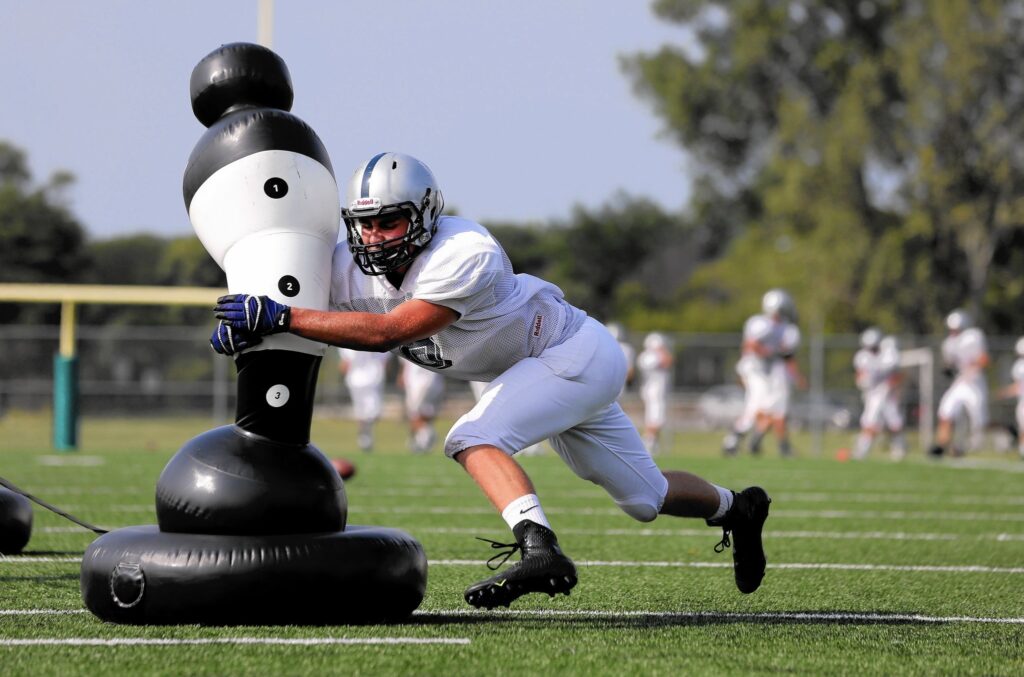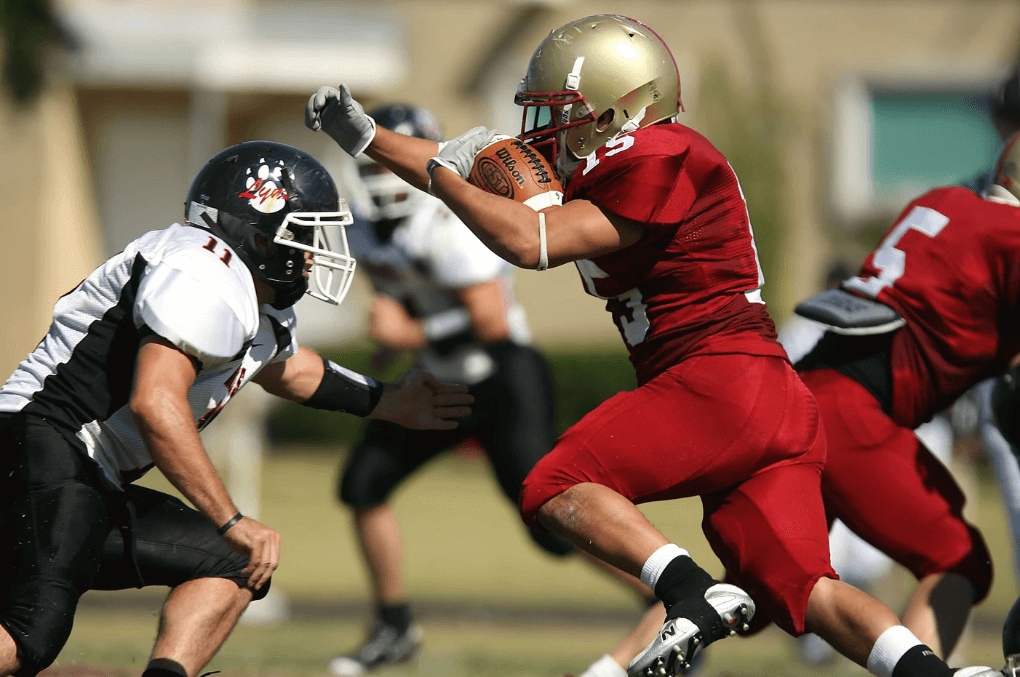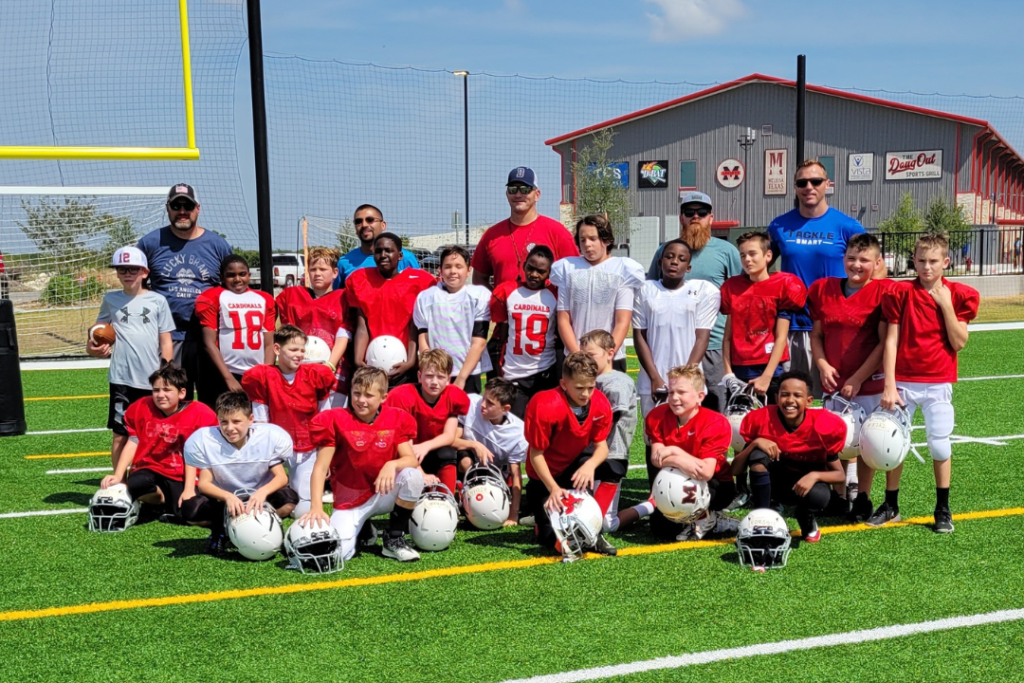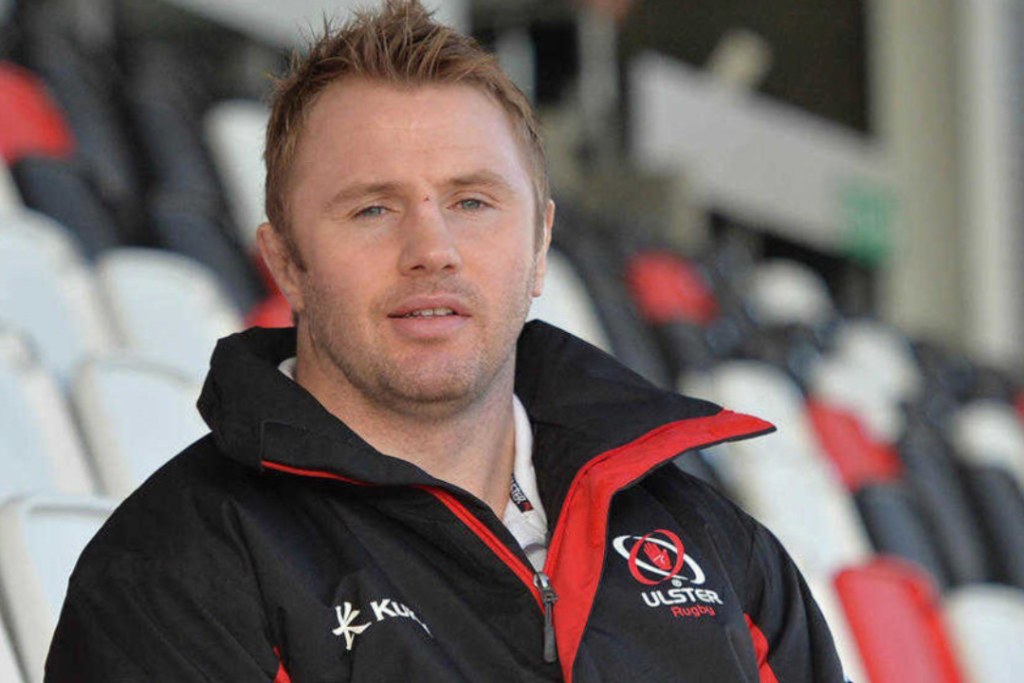How the NFL concussion protocol should work
Back in 2009, the NFL implemented the concussion protocol in response to concern over concussion statistics. They’ve also continued tweak the protocol in the decade since, to better protect players from harm. In 2016, for example, they added additional disciplinary measures for teams that don’t follow protocol.
Head injuries in the NFL are nothing new. Over the past decade, we’ve been tracking concussion statistics and working hard to safeguard players’ health.
The NFL introduced the concussion protocol for this exact reason. But when players walk off the field and into those medical tents, the safeguards only work if the experts weigh the ethics of their decisions.
Basically, here’s how the concussion protocol works. When medical experts decide a player may have a concussion, that person is taken off the field. After a review of the play footage and a neurological exam, things happen one of two ways. First, experts may there’s no risk of concussion, in which case the player can simply return to the field. If this happens, the medical professionals continue monitoring the player throughout the game. Alternatively, if the medical team does diagnose a concussion, that player can’t return to the field during the present game.
Worth noting: although some of the experts involved in the decision are team staff, there’s always an unaffiliated neurological consultant involved as well.
Is the NFL concussion protocol working?
The answer to this question is complicated. The protocol is definitely a step in the right direction. And it’s a straightforward way to protect players with existing brain injury from further damage.
But like any rule, it only works when it’s enforced.
Here’s a classic concussion protocol example for you. In 2017, a jarring injury to Texans quarterback Tom Savage left him lying prone on the field. He was displaying what’s known as the fencing response. This is a medical term for the awkward-looking twitch of the hands following a brain or brain stem injury. Experts consider it a clear sign of brain trauma.
However, Savage returned to the field for three more plays afterward, before going back to the sidelines for good. Because unfortunately, in situations like these, the medical team often weighs business versus health in their decision.
The responsibility of medical professionals
Health professionals are in a position of power on the field, and they’re responsible for putting player welfare first. Too many times, they make pressurized decisions based on feedback from coaches. And unfortunately, these decisions may put injured players back on the field, even when it’s dangerous for them to be there. Time and time again, we’ve seen concussed players removed from the field, only to return moments later to continue gameplay. This is very dangerous, especially with Second Impact Syndrome (SIS). With this syndrome, a first impact makes the brain swell, leaving it vulnerable until symptoms subside. A second hit can cause extreme brain injury—and even death.
Taking this into account, medics making critical health calls need to be morally conscious. It’s crucial for them to make the correct ethical call for the player’s health. Because in spite of external pressure, it’s important to think about what’s more important at the end of the day.
Is it money and status from winning a game—or a player’s health and welfare?
They have a position of power and responsibility of player safety first. Too many times they are pressured by coaches to get players back on the field when it is dangerous for them to do so particularly with head injuries. Time and time again you see a player going off the field concussed then returning moments later to continue which is very dangerous with 2nd impact syndrome which can cause death. The brain more vulnerable with swelling after the first hit until the symptoms subside. Doctors and medics making calls need to be morally conscious and strong enough characters to make the correct ethical call for the player’s health over the chances of the team winning a game. Which is more important at the end of the day..money and status from winning a game or players health.
